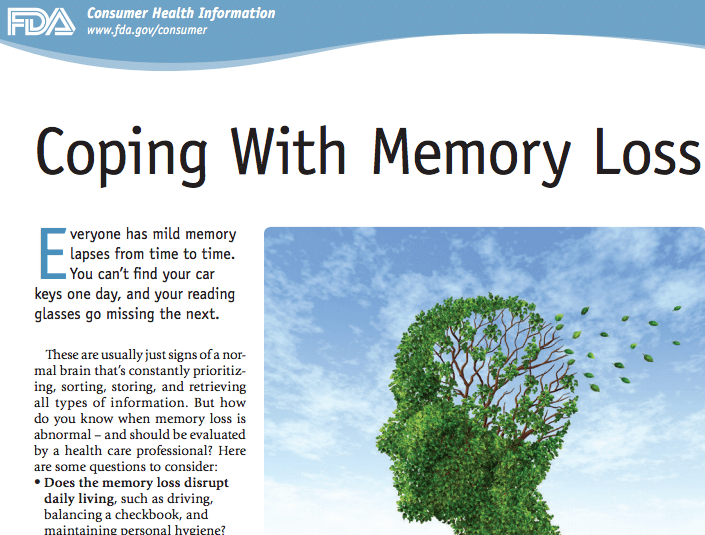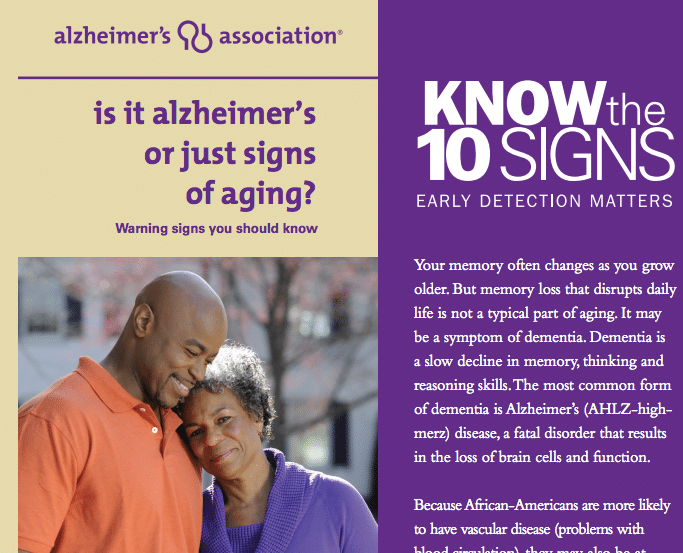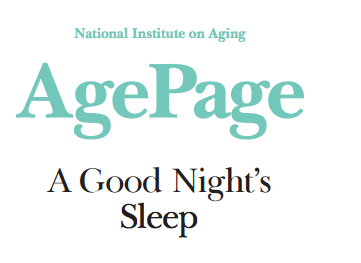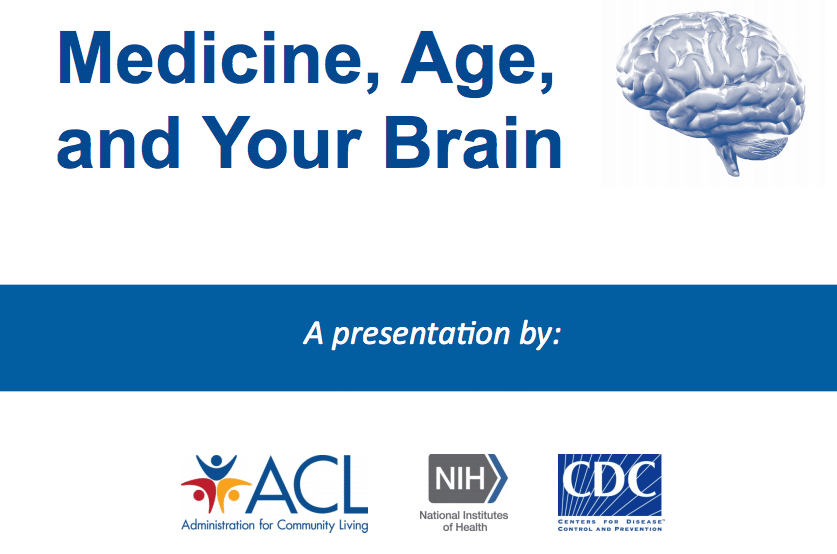Surprising Causes of Memory Loss

Common Things That Surprisingly Can Cause Memory Loss
Azheimer’s and Dementia are devastating causes of memory loss. But, they are not the only things that can cause forgetfullness. As we age, we’re more susceptible to memory lapses. Regardless, it can be frightening! Learn about some causes of memory loss that are not only common, but easily fixed.
DISCOVER
(Click to See Answers)
Why does forgetfullness happen as we age?
- Our brains can lose facts if we don’t use the information often. We simply forget things as time goes by.
- We can forget where we place things simply because we weren’t focused, at the time, on what we were doing and where we were placing objects.
- The thing you can’t recall that’s on the tip of your tongue, maybe it’s someone’s name, is another example of a frustration we encounter. Often it’s because we have other information stored in our brain that is similar and it all just gets blocked. Usually we suddenly can remember that thing we were trying to recall some point later.
Can exercising our brain help?
Are there medications that can actually cause memory loss?
- Sleeping pills
- Antihistamines
- Anti-anxiety medications
- Antidepressants
- Pain medications used after surgery
- Cholesterol lowering medications (statins)
- Tranquilizers
- Some chemotherapy (cancer) drugs
- Some incontinence drugs
Always see your doctor if you are experiencing any memory loss, to confirm specifically what is happening and how to work on getting it resolved.
FAST FACTS
The minimum number of hours of sleep older adults need every night. (NIH - National Institute on Aging)
% of adults by age 60 with concerns about their memory (Harvard Medical School)
NOW WHAT?
Tools & Resources at Your Fingertips
Take Action
Dealing with Memory Loss
The FDA talks about some of the most common causes of memory loss and how it can be treated. Determine whether any of these problems could be affecting you or your loved one and talk it over with your doctor.
Is it forgetfulness or could it be Alzheimer's?
The Alzheimer’s Association gives us common signs and what’s different about age-related forgetfullness and Alzheimer’s. Use their checklist and table of comparisons to determine if you or your loved one has one or more of the warning signs. Talk these things over with your doctor to confirm.



